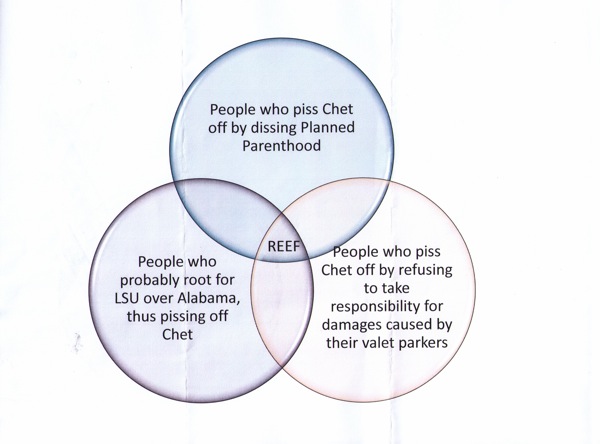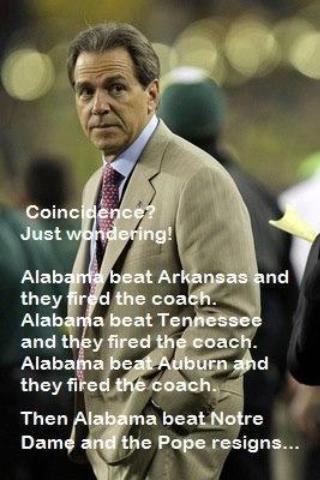It’s possible that you, like me, actually thought there were two well-received writers with minimally different names: the author of the much-lauded and long-running Culture series of hard-SF novels, called Iain M. Banks, and the literary novelist unconcerned with spaceships and robots and impossibly advanced spacefaring civilizations called Iain Banks.
Well, hold on to your hat, because if you’re as under a rock as I was about this, you’ll be shocked to hear that they’re the same guy. (The differentiating “M” probably says more about the degree to which science fiction is considered a ghetto than anything else I can think of.) Banks has written ten works in the Culture, plus some other non-Culture SF works, and in addition to 15 works of literary fiction, all since 1984. That’s a pretty solid output for either name, and a tremendous amount of output for one dude, but there you go. It’s little wonder the Times named him in their 2008 list of the 50 greatest British writers since 1945.
Anyway, I’d been curious about the Culture books for a while, and Googled around to see where I should start quite a while ago. The easy answer is to read them in publication order. If you do that, as I did, you’ll start with 1987’s Consider Phlebas. And you may well stop there, because Phlebas is a goddamn train wreck of a novel that really didn’t hold together well at all for me. It remains one of the few books I’ve simply abandoned despite being well over halfway done; I realized there was nothing that could happen that I would care about, and that I was wasting my time. Learn from my lesson.
I mentioned this reaction to some Culture-phile friends, and several of them said “Oh, gosh, yes, Phlebas is a terrible place to start. Try again with his second one, The Player of Games. It’s much, much better. You can ignore Phlebas completely.”
And so I did, and so it was. I really enjoyed it, and tore through it in a matter of days. Banks’ Culture is a phenomenally advanced spacefaring civilization spanning galaxies; they’ve solved the FTL problem thousands of years before, live predominately on enormous man-made orbital structures, and are mightier and more advanced than any civilization they encounter — not to mention considerably more enlightened. They exist in a post-scarcity state, where people may do more or less as they wish provided they don’t harm others. From Wikipedia:
The Culture stories are largely about problems and paradoxes that confront liberal societies. The Culture itself is an “ideal-typical” liberal society; that is, as pure an example as one can reasonably imagine. It is highly egalitarian; the liberty of the individual is its most important value; and all actions and decisions are expected to be determined according a standard of reasonability and sociability inculcated into all people through a progressive system of education. It is a society so beyond material scarcity that for almost all practical purposes its people can have and do what they want. If they do not like the behavior or opinions of others, they can easily move to a more congenial Culture population centre (or Culture subgroup), and hence there is little need to enforce codes of behavior.
In The Player of Games, Banks gives us Culture citizen Jernau Morat Gurgeh, a famous game player and scholar, who by hook and crook finds himself recruited by the Contact organization — responsible for finding, evaluating, and possibly contacting other cultures — to visit a far-away civilization called the Empire, steeped in power politics and (frankly) a sadistic glee in the suffering of others. The Empire is FTL-capable and includes several star systems, but like isolated central Asian tribes of the 19th century, cannot comprehend precisely how outclassed they are by the Culture — who, for their part, really have no interest in fighting at all. They mostly want to discourage or destabilize the existing retrograde, barbaric societal order in the hopes that something more reasonable will arise.
Their means are simple: the Empire is ordered entirely around a fiendishly complex game called Azad. Empire citizens learn it from childhood; performance in Azad tournaments determines one’s place in society. The winner of the periodic tournament becomes Emperor. Having made contact with these barbarians, the Culture send Gurgeh to enter this same tournament, figuring a “filthy alien” doing well at their holy game might be the push they need. Madcap hilarity ensues, obviously.
This whole setup may seem obvious — a game used as a metaphor for both state and the competition between states, and used to highlight the differences between modern egalitarian societies and repressive ones, etc. — but Banks handles it with a deft hand, so it doesn’t ever come close to collapsing under its own weight (which is, sadly, a common problem in the so-called “literature of ideas”). Plot and pacing are miles ahead of Phlebas. I’m intrigued by the Culture, by its interaction with other civilizations, and by the ways in which Banks explored those issues here. This is idea-SF done very, very well, and I’m no longer surprised about why Banks is so beloved.
It’s a certainty that I’ll read more Culture novels, and soon, but I do intend to savor them; the sad news this year — and what prompted me to finally go read Player — is that Banks announced about a month ago that he has terminal cancer, and is unlikely to live more than another year. There will be no more Culture novels; his literary novel The Quarry will be his last. In the Culture, one gets the idea that genofixing has long since done away with anything as banal as cancer; it’s a damn shame that the mind who gave us this fascinating far-future place cannot emigrate there instead of dying in Scotland.






